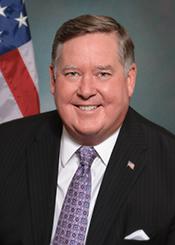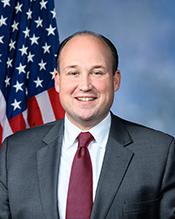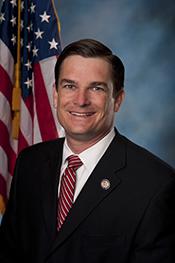H.R. 2140: Diesel Emissions Reduction Act of 2025
The bill known as the Diesel Emissions Reduction Act of 2025 aims to amend an existing law to extend the funding and operation of the diesel emissions reduction program. Specifically, it reauthorizes this program until the year 2029, instead of having it expire in 2024. The diesel emissions reduction program is designed to provide funding for projects that help reduce emissions from diesel engines, which can contribute to air pollution and health issues.
Through this reauthorization, the program will likely continue to support initiatives aimed at improving diesel engine technologies, funding retrofits, and promoting cleaner practices in various industries that rely on diesel-powered vehicles and equipment. This may include grants to states and local governments to upgrade or replace older diesel engines, leading to potential reductions in harmful emissions and improved air quality.
This bill was introduced in the U.S. House of Representatives and has been referred to the Committee on Energy and Commerce for review. By extending the program's lifespan, the bill affirms the government's commitment to tackling diesel emissions and supporting efforts to transition to cleaner technologies.
Relevant Companies
- GM - General Motors may be affected as they produce diesel vehicles and could benefit from funding aimed at diesel emissions reductions.
- F - Ford could see an impact in the development of cleaner diesel technologies for their commercial vehicle line.
- PCAR - PACCAR, a manufacturer of commercial vehicles, may also be impacted as the bill could influence the market for cleaner diesel engines.
This is an AI-generated summary of the bill text. There may be mistakes.
Sponsors
4 bill sponsors
Actions
2 actions
| Date | Action |
|---|---|
| Mar. 14, 2025 | Introduced in House |
| Mar. 14, 2025 | Referred to the House Committee on Energy and Commerce. |
Corporate Lobbying
0 companies lobbying
None found.
* Note that there can be significant delays in lobbying disclosures, and our data may be incomplete.














